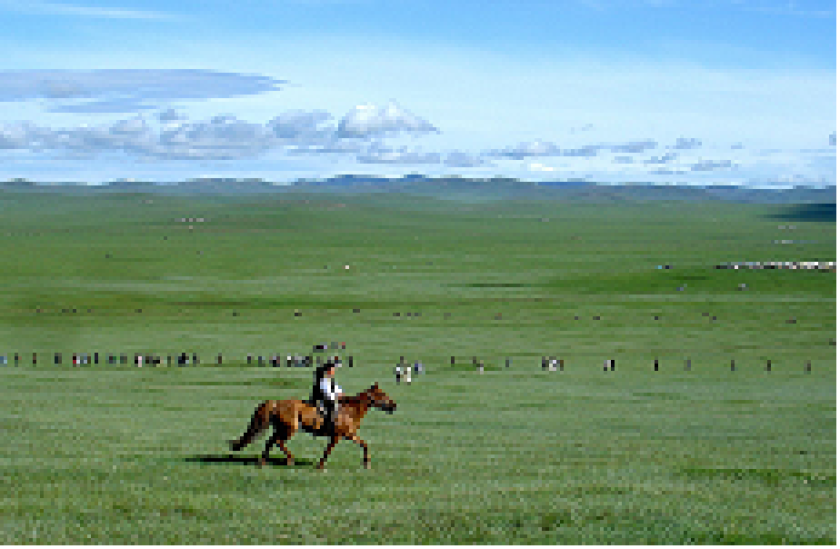Mongolia, Pakistan and Sri Lanka have all turned to the loan market for their latest financings, providing a welcome break from the procession of Indian state-owned issuers and Hong Kong blue chips that dominate syndicated lending.
While the drivers of the fundraisings differ, one thing they have in common is that these countries are still considered uncharted territory for smaller lenders, which are prime targets during the retail phase of syndication.
In Mongolia's case, concerns hinge upon the reliance on commodities for income. For the two south Asian economies, both physically and culturally far removed from the East Asian lenders that provide so much liquidity, a fear of the unknown becomes a stumbling block.
It does not help matters that Mongolia and Sri Lanka have both been buffeted by credit rating downgrades in the last four months. While the former was cut on the possibility of lower economic growth and strained external liquidity, the latter suffered on account of higher refinancing risks and burgeoning foreign currency debt relative to overall public debt.
But banks should still pay attention to these fundraisings and take longer term view on the risks. After all, it’s getting harder to make money in syndicated loans as hard fought mandates for SOE borrowers from China and India are paying ever lower returns.
In contrast, Mongolia is paying 187.5bp more on five year money than it was just two years ago. Now, while in part that is because the credit is more stretched compared with the last loan, things are looking up for the country.
In particular, this is because of the export income expected to flow in now that the Oyu Tolgoi copper project is finally able to proceed. The development of the Tavan Tolgoi project, which has coking coal deposits, is another plus.
This means that in the five year horizon, the country will probably pay a lot less for its loans, making the latest one even more appealing.
Moreover, Mongolia and Pakistan are both key trading and security partners of China and are set to benefit from investment linked to the Belt and Road initiative which should make them appealing to Chinese lenders.
Meanwhile, Sri Lanka’s rarity value and diminishing political risks as reflected in the smooth transition of power after the 2015 presidential elections should ensure its allure.
Yes, there are reservations around its external debt situation. But the country is in talks for a $1.5bn loan from the International Monetary Fund, which should provide relief on its balance of payments front.
As the name implies, frontier markets will stretch the credit approvals of lenders but as demand for foreign currency loans from elsewhere in the region slows, arrangers need to look towards the next drivers of growth.
Banks should seize this opportunity to establish new country limits. Getting in on these sovereign loans will offer even smaller lenders a chance to forge ties at the highest levels, all while diversifying their portfolio and locking in decent returns.

